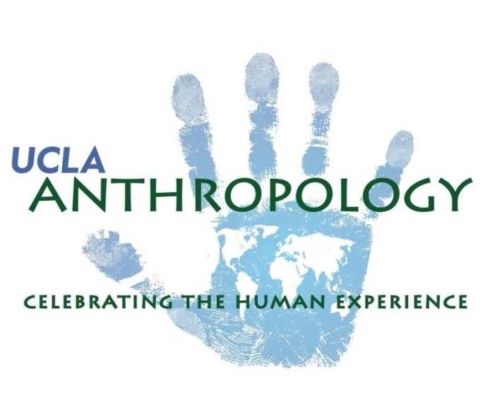
LA Social Science Summer Course Previews: Anthropology Department Courses in 2020
Summer 2020 starts this month, and LA Social Science will continue…
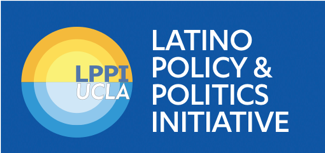
UCLA LPPI Brief Finds L.A. Black & Latino Neighborhoods Lack Resources During Safer-at-Home Order
On May 19, 2020, UCLA's Latino Policy and Politics Initiative,…
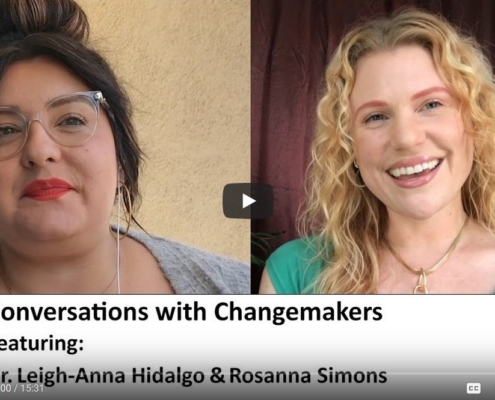
LA Social Science Presents “Conversations with Changemakers” Featuring Dr. Leigh-Anna Hidalgo & Rosanna Simons (VID)
The grassroots organization People for People (Gente por…

UCLA Report Reveals Economic Uncertainty for Latino Neighborhoods During Pandemic
UCLA's Latino Policy and Politics Initiative (LPPI) in partnership…
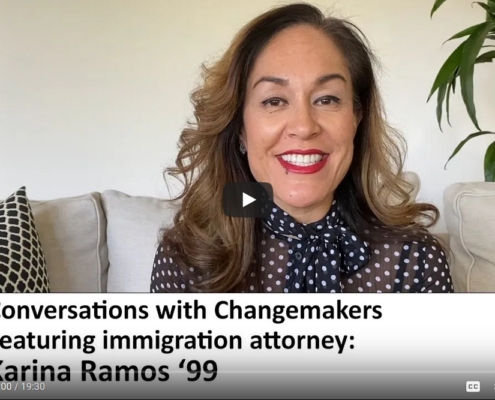
LA Social Science Presents “Conversations with Changemakers” Featuring UCLA Alum Karina Ramos (Video)
UCLA alum Karina Ramos ('99) an attorney at Immigrant Defenders…

Community Partners in the News: UCLA Alum’s LRW Group Contributes to LA County COVID-19 Study
LRW Group, a local marketing services firm and UCLA Division…
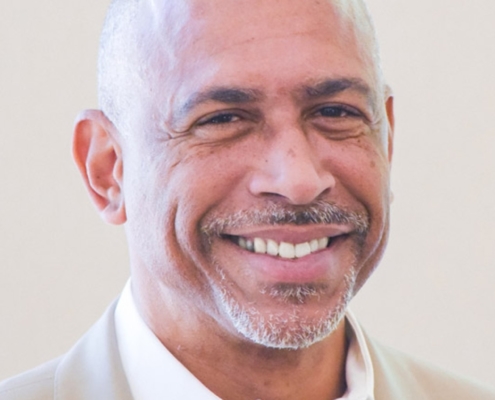
LA Social Science Presents “Conversations with Changemakers” Featuring Dr. Pedro Noguera (Video)
LA Social Science interviewed Dr. Pedro Noguera, Distinguished…
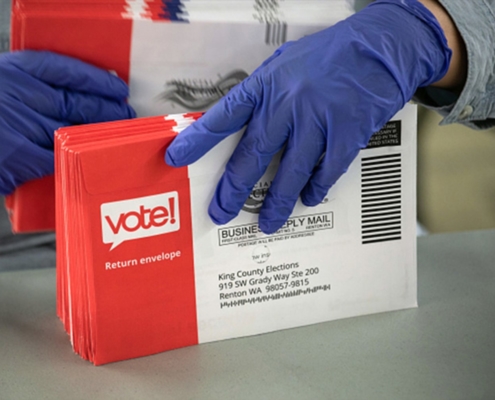
Leading Voting Rights Experts Discuss Universal Vote-By-Mail Amidst COVID-19
By Eliza Moreno, Communications Manager, Latino Policy &…
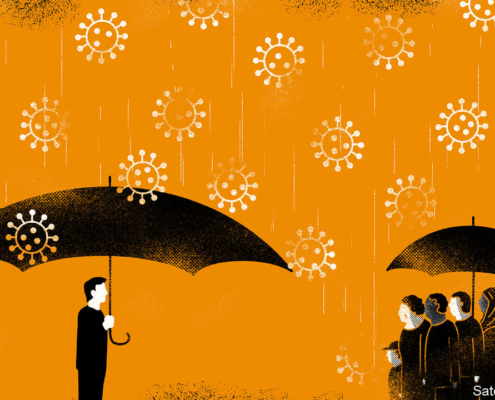
Open Letter on Inequities and the COVID-19 Response
Professors Chandra L. Ford (UCLA), Bita Amani (Charles Drew…

UCLA Voting Rights Project Releases Recommendations for Implementing Vote-by-Mail Program
The UCLA Voting Rights project released a white paper this…

